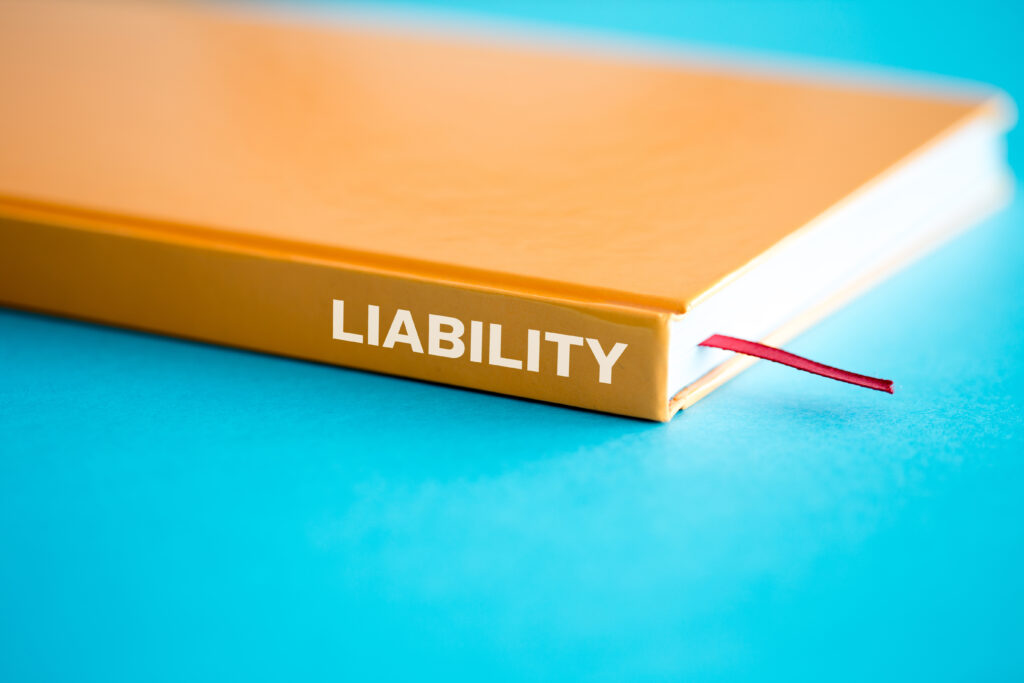Personal injury cases can be complex and overwhelming, especially when it comes to determining liability. Injuries can occur in a variety of situations, from car accidents to slip and falls, and in some cases it can be difficult to determine who is at fault. This is where the expertise of a personal injury attorney comes into play. In this article, we will discuss the complexities of liability issues pertaining to the at fault party in personal injury cases and how hiring an attorney can greatly improve the amount of compensation a client can receive.
Understanding Liability in Personal Injury Cases
Liability refers to the legal responsibility of the at-fault party for an injury or harm caused to another person. In personal injury cases, determining liability is crucial in order to hold the responsible party accountable and seek compensation for the injured party. However, liability can be complex and difficult to prove, especially in cases where multiple parties may be at fault.
Types of Liability in Personal Injury Cases

There are three main types of liability in personal injury cases: strict liability, negligence, and intentional misconduct.
Strict liability refers to situations where the responsible party is held liable regardless of fault. This is often seen in certain states in cases involving defective products, where the manufacturer is held responsible for any injuries caused by their product.
Negligence is the most common type of liability in personal injury cases. It refers to situations where the responsible party failed to exercise reasonable care, resulting in harm to another person. This can include actions such as texting while driving or failing to maintain a safe premises.
Intentional misconduct refers to situations where the responsible party intentionally caused harm to another person. This can include physical assault or battery.
Proving Liability in Personal Injury Cases
In order to prove liability in a personal injury case, the injured party must show that the responsible party had a duty of care, breached that duty, and caused the injury. This can be a complex process, as it requires gathering evidence and presenting it in a convincing manner.
The Complexities of Liability in Personal Injury Cases
Liability issues in personal injury cases can be complex for a variety of reasons. Some of the main complexities include:
Multiple Parties Involved
In some personal injury cases, there may be multiple parties involved, each with their own level of liability. For example, in a car accident, the driver may be at fault for speeding, but the car manufacturer may also be partially responsible for a defective part that contributed to the accident. In these situations, it can be difficult to determine the percentage of liability for each party.
Comparative Negligence

In some states, the concept of comparative negligence is used to determine liability in personal injury cases. This means that the injured party may be found partially at fault for their own injuries, which can reduce the amount of compensation they are entitled to. For example, if a person is injured in a slip and fall accident, but it is determined that they were not paying attention to warning signs, they may be found partially at fault for their injuries.
Insurance Companies
Insurance companies are often involved in personal injury cases because they insure the at-fault party, and they have their own interests to protect. They may try to shift the blame onto the injured party or downplay the severity of their injuries in order to avoid paying out a large settlement. This can make it difficult for the injured party to receive fair compensation without the help of an attorney.
The Importance of Hiring a Personal Injury Attorney
Hiring a personal injury attorney can greatly improve the amount of compensation a client can receive in a personal injury case. Here’s how:
Knowledge and Expertise in Liability Issues
Personal injury attorneys have extensive knowledge and expertise in liability issues. They understand the complexities of proving liability and have experience handling cases involving multiple parties and comparative negligence. This allows them to build a strong case and fight for the maximum amount of compensation for their clients.
Negotiation Skills
Insurance companies are known for trying to settle personal injury cases for as little as possible. However, personal injury attorneys that have strong negotiation skills and are not afraid to stand up to insurance companies in order to secure a fair settlement for their clients can greatly change the outcome of the settlement or verdict. They will fight for their clients’ rights and ensure that they are not taken advantage of by insurance companies.
Access to Resources
Personal injury attorneys have access to a variety of resources that can greatly benefit their clients’ cases. This includes medical experts, accident reconstruction specialists, and investigators who can gather evidence to support the injured party’s claim. These resources can be crucial in proving liability and securing a fair settlement.
Contingency Fee Arrangement

Most personal injury attorneys work on a contingency fee basis, which means they only get paid if they win the case. This allows injured parties to have access to quality legal representation without having to worry about upfront costs. It also incentivizes attorneys to fight for the maximum amount of compensation, as the attorney fee earned is directly tied to the outcome of the case.
Conclusion
Liability issues in personal injury cases can be complex and overwhelming, but hiring a personal injury attorney can greatly improve the amount of compensation a client can receive. With their knowledge, expertise, and resources, personal injury attorneys can build a strong case and fight for their clients’ rights. If you have been injured in an accident, don’t hesitate to seek the help of a personal injury attorney to ensure that you receive the compensation you deserve.